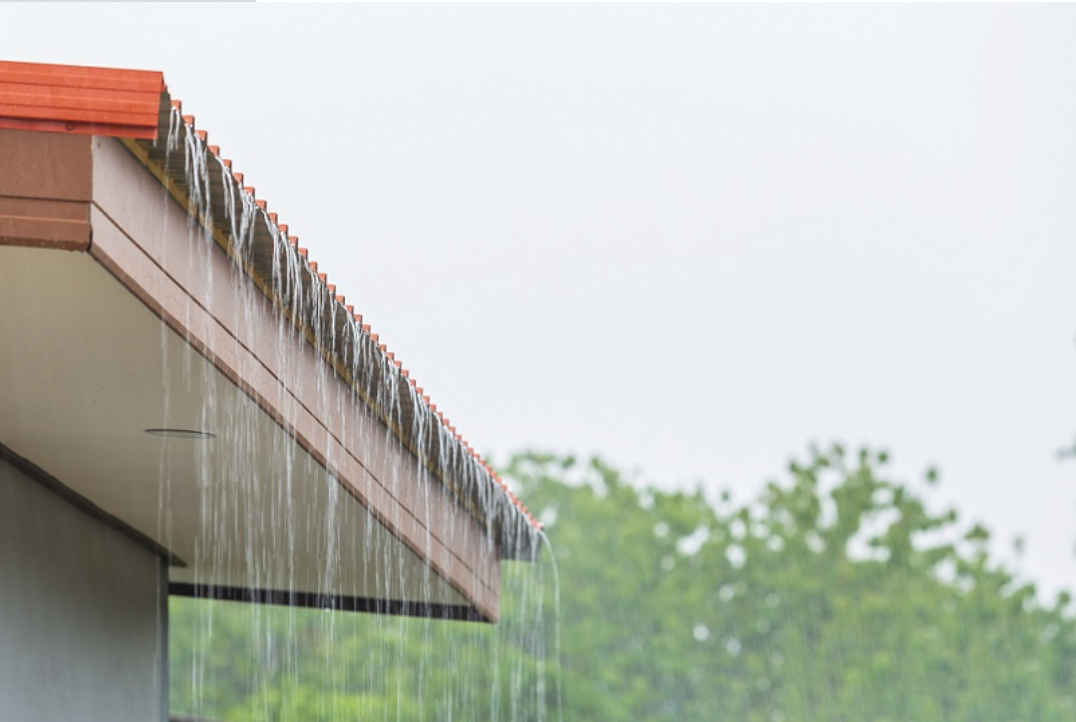When it rains, it pours!
Damage to your property caused by flash flooding and rain-related issues is a mood dampener, whether you own, rent or invest.
Depending on your state and regional location, the rainy season can have a significant effect on many properties throughout the year.
Whatever the weather, insurance companies and real estate agents strongly advise thorough preparation for all the elements.
Property owners should be aware and prepared for problem areas that are damage-prone.
Model renters can also assist with simple maintenance chores. This ensures increased comfort levels, stress and enhances the traditional rental property arrangements.
It never rains, but it pours
Be guided by predicted weather patterns in your zone or region.
In the northeast of Australia, the tropical rainy season runs from November to April. The wettest months are typically March and April and it’s not uncommon to receive rainfall of 300mm in a single day.
In New Zealand, the wettest period is May to August (with average rainfall predictions of 11 to 13 days per month). However, even in summer, it rains for seven to eight days per month, except in February.
The experts suggest you start your preparation plan at least four months before the relevant rainy seasons.
Following these helpful hints ensures you will stand your property in good stead.
Top tips for averting rainfall damage
– Clean out your gutters and downpipes. If you are unsure how to do so properly, or unable, schedule an appointment to have it done. This will ensure that downpipe water is routed to where it’s intended.
– While you or a professional are conducting roof cleaning areas, you are also advised to check any skylights to address potential leaks. Sealants and repairs to minor damage will assist in stemming worsening leaks or flooding.
– Inspect weatherstripping on your doors and windows. Leaking water can lead to mould, wood rot and untold expense.
– At ground level, clear debris from your street grates so that water flows away from your property and into stormwater drains.
Protect your outdoor furniture, barbecues, tools, firewood and all items that are permanently stored outside. Your teak or jarrah table may need to be resealed. You would also be wise to invest in a waterproof barbecue cover and storage bench for stowing outdoor cushions away from the rain. A weighted-down tarpaulin usually works well for keeping firewood dry.
– Prepare for flooding in the most vulnerable areas of your home. For example, if your garage or basement has flooded in the past, make sure you remove any valuable items and store others off the floor. This can be achieved by installing shelving or creating raised platforms.
– Check your insurance coverage. It’s important for your investment purposes and peace of mind to know exactly what’s covered, in any event.


